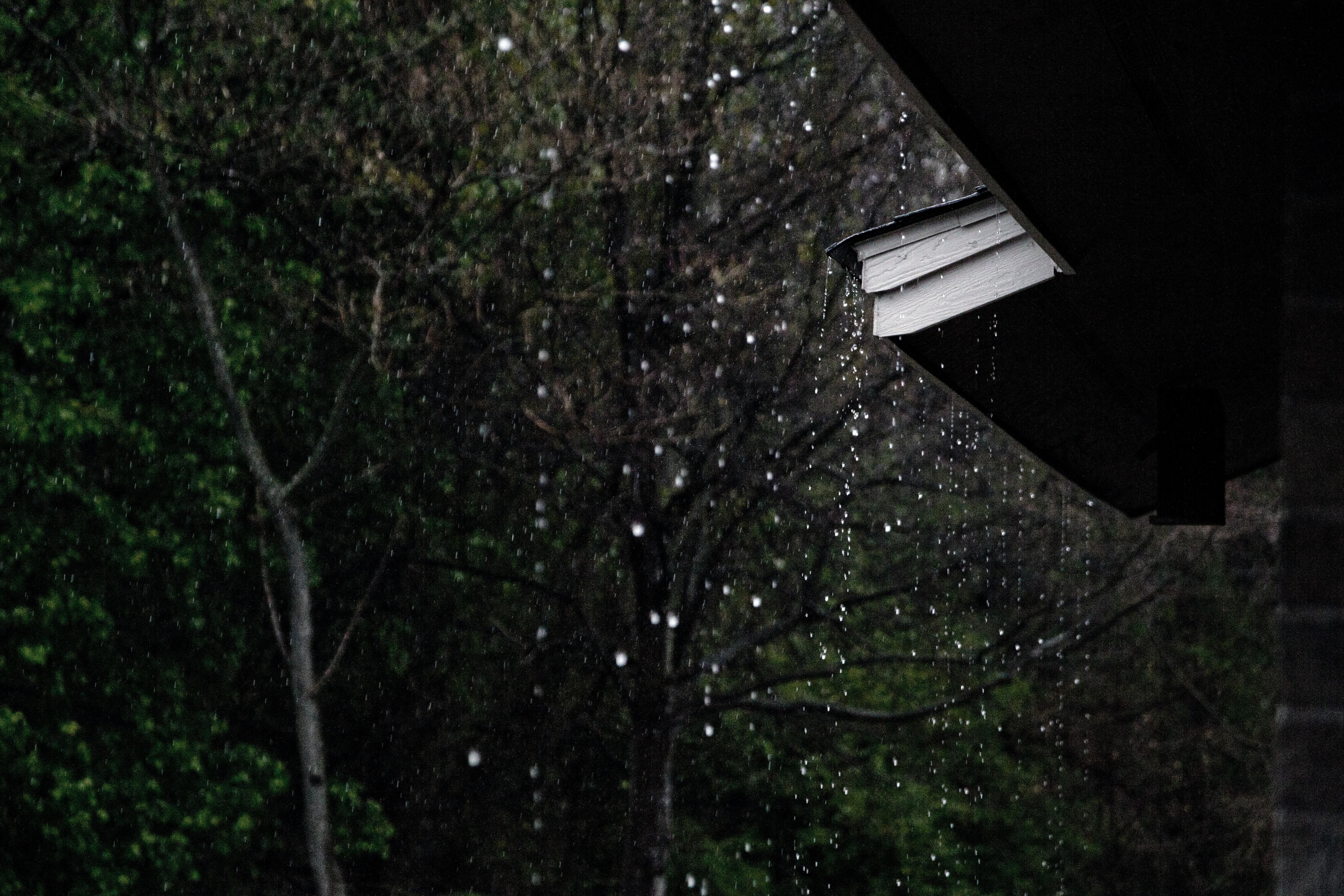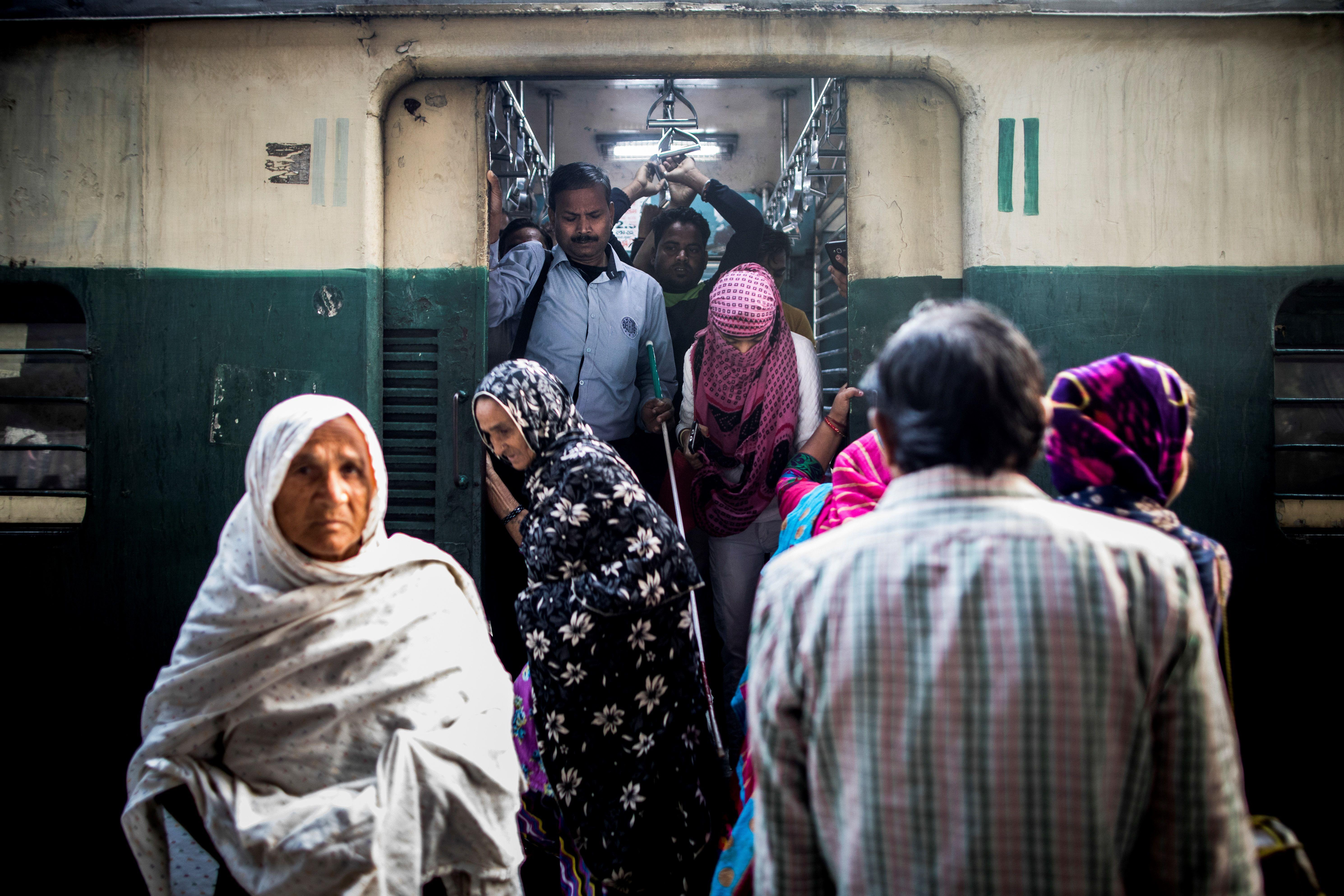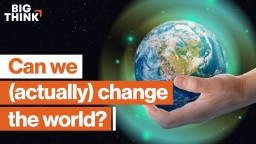global issues
A new study from Iceland confirms that a shorter workweek improves productivity.
Trees store carbon dioxide, have a cooling effect in cities, and reduce flood risks.
Nearly 90% of the world’s blind live in low-income countries.
Virtual tourism has thus far been a futuristic dream, but a world shaped by Covid-19 may be ready to accept it.
Even with six months’ notice, we can’t stop an incoming asteroid.
Noise causes stress. For our ancestors, it meant danger: thunder, animal roars, war cries, triggering a ‘fight or run’ reaction.
Could a pill make you more moral? Should you take it if it could?
Why are rapture ideologies exploding?
▸
7 min
—
with
The world’s 10 most affected countries are spending up to 59% of their GDP on the effects of violence.
Global inequality takes many forms, including who has lost the most children
New research sheds light on the indoctrination process of radical extremist groups.
The independent news collective is teaching a new generation of journalists and citizens to spot the stories in plain sight.
One bill hopes to repeal the crime of selling sex and expand social services; the other would legalize the entire sex trade.
By 2050, there may be more plastic than fish in the sea.
Most people believe you can win an argument with facts – but when “facts” are so often subject to doubt, are personal experiences trusted more?
Northwell Health has built an elaborate data system to track and fight COVID-19. If this system goes global, it could prevent a future pandemic.
▸
3 min
—
with
There is no going “back to normal.”
The idea behind the law was simple: make it more difficult for online sex traffickers to find victims.
We look back at a year ravaged by a global pandemic, economic downturn, political turmoil and the ever-worsening climate crisis.
Debating is cognitively taxing but also important for the health of a democracy—provided it’s face-to-face.
Plan S is starting to take hold, but the cost is merely shifting even more to the researchers.
Spoiler: Most people actually approved of their government’s approach.
Google’s “Year in Search 2020” results reveal a year when “why” was searched more than ever.
The rush to clean up outer space has begun.
Singapore has approved the sale of a lab-grown meat product in an effort to secure its food supplies against disease and climate change.
We have the money to change the world. What’s standing in the way?
▸
4 min
—
with
Of course, it’s all about where you move. The authors argue that it needs to be less populous regions.
Experts plead with Americans to keep gatherings limited this Thanksgiving, while families devise new ways to celebrate the holidays.
‘Critical Tourist Map of Oslo’ offers uniquely dark perspective on Norway’s capital.
Amid such suffering, people need some joy.





























